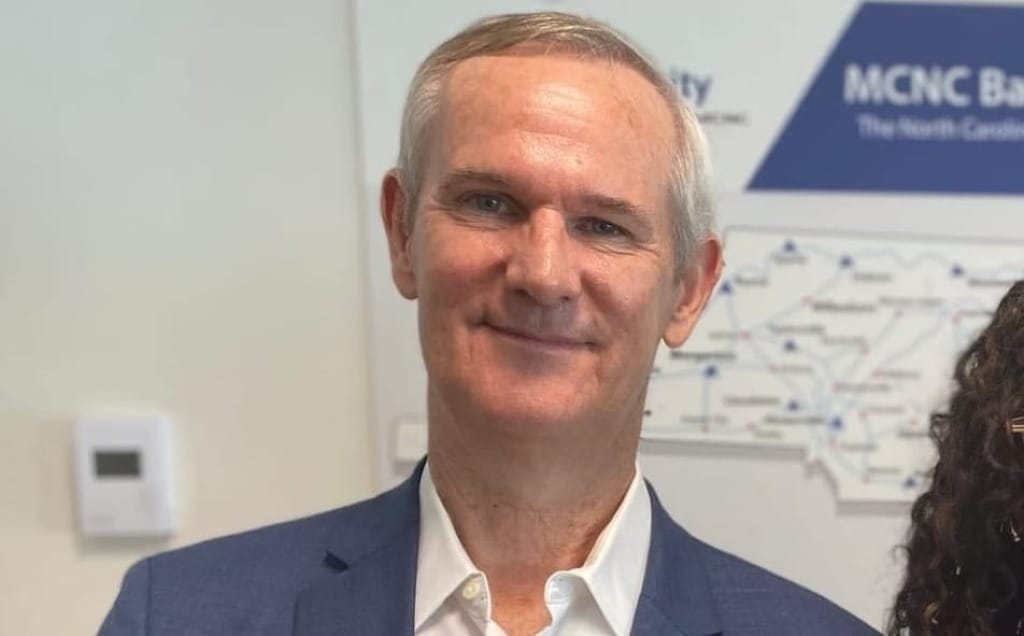FCC Urged to Restore CLEC Access to Dark Fiber
Critics say a 2020 FCC decision has led to competitive issues in the broadband market.
Jericho Casper

WASHINGTON, Oct. 11, 2024 – Federal regulators could promote broadband network competition by allowing new entrants to access key inputs – dark fiber in particular – controlled by incumbent Internet Service Providers.
The Federal Communications Commission was urged Wednesday to reconsider a nearly four-year-old petition from Sonic Telecom seeking to do just that.
The renewed call came from the Schools, Health & Libraries Broadband Coalition, which wants the FCC to reverse a 2020 decision that limited competitive local exchange carriers (CLECs) access to crucial unbundled network elements.
Based in Santa Rosa, California, and serving more than 100,000 homes and businesses across the state, Sonic Telecom was one of many CLECs affected by the FCC's Oct. 2020 decision to limit competitive broadband providers' access to the infrastructure of incumbent local exchange carriers (ILECs), such as AT&T and Verizon.
Specifically, the Order reduced the availability of unbundled network elements that CLECs relied on to provide affordable, high-speed broadband. Dark fiber is critical because it allows competitors to control the service quality and speed they offer, driving innovation and price competition, advocates said.
“Purchasing lit fiber service from ILECs is untenable to competitors seeking to deploy facilities-based future-proof networks,” SHLB said in a filing submitted by Executive Director John Windhausen, Jr. “The FCC needs to address the major roadblocks to competitive providers’ ability to meet [current broadband] benchmarks.”
At the time of the FCC vote in 2020, FCC Chairman Ajit Pai said he was confident the "new rules will promote innovation, competition, and broadband deployment for years to come."
SHLB Coalition represents several anchor institutions, including schools and libraries. Without access to unbundled dark fiber, CLECs cannot offer cost-effective E-rate services to these institutions, leading to higher costs and reduced competition, SHLB said.
Sonic’s petition filed Feb. 2021 aligned with this concern, warning that the FCC’s actions could cement a monopoly by ILECs in fiber-to-the-home deployment. “This sets the country on a trajectory of an ILEC monopoly in FTTH builds in urbanized areas,” Sonic argued, noting that incumbents tend to favor building in wealthier neighborhoods, leaving lower-income communities behind.
Without competitive access to dark fiber, SHLB warned, many communities will be left without the robust internet services they need, especially as demand for telehealth, remote learning, and telework continued to grow.
Restoring access to these elements, SHLB argued, would lower broadband costs, increase service quality, and spur more widespread fiber deployment.









Member discussion